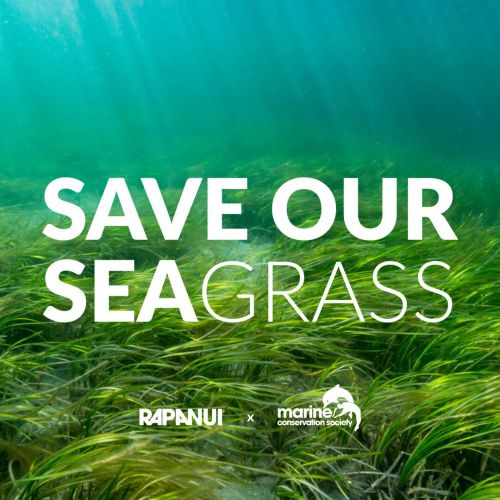World Wetlands Day is 2 February
Posted on
|
The 2nd February is World Wetlands Day. The day aims to raise awareness about wetlands, and it marks the anniversary of the Convention on Wetlands, which was adopted as an international treaty back in 1971. Back in 1971 on 2 February, the Convention on Wetlands was adopted in the Iranian city of Ramsar which sits on the shores of the Caspian Sea. What are wetlands? Wetlands cover areas such as shores, estuaries, mudflats, floodplains, coastal marshes, local ponds, the bog and pond in your garden, mangrove swamps, seagrass beds, and rivers. They cover a very small of the earth’s surface – and yet they are one of the most important habitats on our planet. WWT has lots of information about these areas - you can click to see it here.
In 2026, the theme is Wetlands and Traditional Knowledge: Celebrating cultural heritage #CelebratingWetlands Raising awareness is critical – most people have heard of forests and rainforests, but fewer have heard of wetlands. Yet they are vital ecosystems. Despite this, the World Wetlands Day website explains that, since the 1700s, almost 90% of the world’s wetlands have been degraded since the 1700s. And we’re losing wetlands 3x faster than forests. A recent global IPBES assessment identified wetlands as the most threatened ecosystem. This impacts 40% of the world’s plant and animal species that live or breed in wetlands. What are the threats to wetlands?
Why wetlands matter to people:
Why do wetlands matter to wildlife? 40% of all plant and animal species live or breed here. They are vital breeding and feeding grounds for migratory birds – stopover points, if you like. Banc d’Arguin National Park (Mauritania) is one of the most important zones in the world for nesting birds and Palearctic migratory waders, Migratory Bird Sanctuaries along the Coast of Yellow Sea-Bohai Gulf of China (Phase I) (China). These birds use wetlands such as our coastlines to stop, moult, rest, winter or nest. Pantanal Conservation Area (Brazil) is one of the world's largest freshwater wetland ecosystems. Sundarbans National Park (India) is formed of tidal rivers, creeks and canals and supports species such as the single largest population of tiger, and aquatic mammals such as the Irrawaddy and Ganges River dolphins, all under threat. Mud, mud, glorious mud So what can we all do to help wetland conservation? WWT can create new wetlands in a few months and years – so your support can really make a difference quickly. But there’s something we can all do to help and you’ll find more links and further resources further down.
You can create your own wetland in your garden... There are a lot of efforts being made to help protect and restore and create wetlands. For instance, the International Crane Foundation has been working to protect Africa’s wetlands for 30 years. Find out about their work here. On this World Wetland Day, they are advocating for:
Further Resources World Wetland Network – a collection of NGOs and Civil Society Groups all working for wetland conservation Wetland Link International – a support network for wetland education centres which deliver engagement activities on site. The WWT in the UK lead it; it has 350 members over 6 continents! RAMSAR – The Convention on Wetlands is an intergovernmental treaty which provides the framework for national action and international cooperation for the conservation and wise use of wetlands and their resources. World Wetlands Day – held every year on 2 February to raise awareness of the importance of wetlands and how we can all help WWT – the Wildfowl and Wetlands Trust in the UK. Visit one of their 10 sites around the UK and/or visit their website to see how you can get involved. The MedWet mission is "to ensure and support the effective conservation of the functions and values of Mediterranean wetlands and the sustainable use of their resources and services". Visit their website here. The Mediterranean Wetlands Initiative brings together 27 Mediterranean and peri-Mediterranean countries, all of which are Parties to the Convention on Wetlands (Ramsar, Iran, 1971). Palestine and several organizations and wetland centres are also part of the MedWet Initiative. The Global Wetland Outlook – take a look, it’s fascinating reading |

